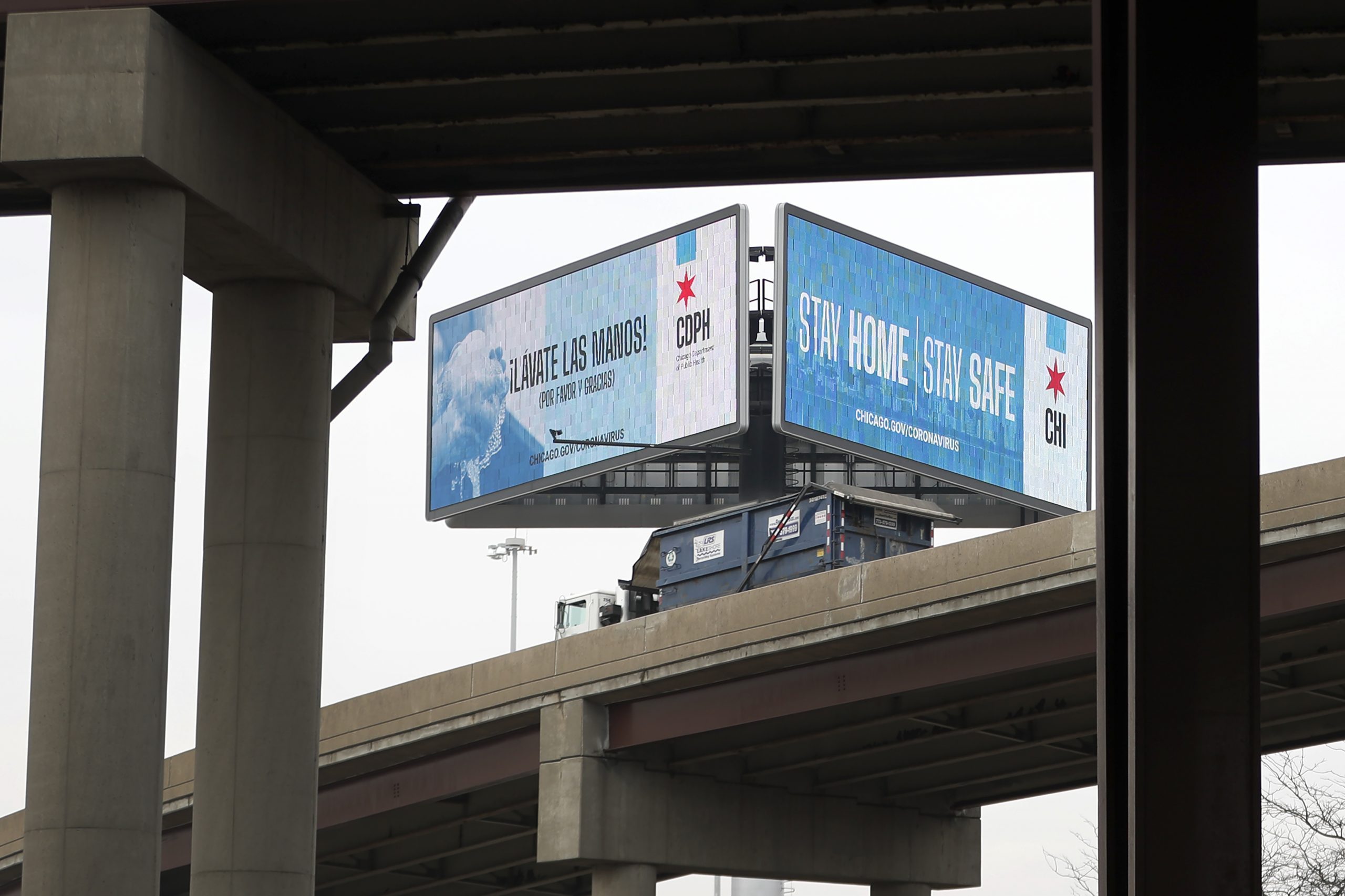Street outreach workers, peacekeepers, life coaches, credible messengers — they have different names in cities across the country, but they are all on the frontlines of preventing gun violence during the coronavirus pandemic.
And their work is more essential than ever. Despite a significant drop in most types of crime across the nation in the past month, violent crime, specifically shootings, have remained steady or actually increased in many cities.
In Bakersfield, California, a city that has been preparing to launch a street outreach program, six people were shot this past Saturday at a large party. In Chicago, 22 people were shot over Easter weekend, with the city now on pace to exceed its 2019 shooting and homicide rates. Portland, Oregon’s Police Department recorded 24 shootings between March 25 and April 9 — compared to just two during the same period last year. In Philadelphia, there has been a 20 percent increase in shootings in the past month while all other types of crime are down.
With law enforcement spread thin because of officers contracting the virus and many social service agencies suspending their work, violence prevention specialists are desperately needed. These workers provide mentoring, case management, life coaching, and other support for people who are at very high risk of violence.
In Stockton, California, the mayor declared the Office of Violence Prevention’s peacekeepers as essential workers. Under the state’s shelter-in-place order, they have been dropping boxes of food off to clients and their families twice a week. Their highest-risk clients come into the office for hot meals on a staggered schedule to adhere to social distancing while also having an opportunity to engage in person.
Outreach staff in Newark, New Jersey, were likewise given essential worker status and have also distributed large amounts of food to high-risk neighborhoods and individuals. The mayor of Newark has dispatched the outreach team when there are reports of groups of youths gathering in public. The workers use their credibility to convince young people to go indoors and practice social distancing.
Community and Youth Outreach, a local service provider in Oakland, California, is a partner of the National Institute for Criminal Justice Reform. It operates the Healthy, Wealthy, and Wise cognitive behavioral therapy program for young adults in Oakland identified as being of very high risk of being involved in a shooting. CYO has suspended in-person group meetings, but its life coaches continue to call participants every day for counseling. The program’s members also continue to receive financial stipends paid for by city grants.
Advance Peace, a leading gun violence reduction organization with programs in cities in California and Texas, designated street outreach personnel “essential critical infrastructure workers” to address community needs in response to the pandemic. After centuries of neglect, many residents of impoverished communities of color distrust government institutions and unknown service providers, which leaves them with a higher level of vulnerability during crises like the COVID-19 outbreak. In partnership with other community organizations, Advance Peace has been able to leverage established trust and credibility within these neighborhoods to provide much needed supplies, groceries, and toiletries and to deliver accurate safety information.
Violence prevention specialists in cities across the country work with people and families who are impoverished, underserved, and disadvantaged. Those who had jobs were among the first to lose them during the economic meltdown the coronavirus crisis has caused. It is imperative that these most vulnerable and high-risk people receive on-going support. And like other frontline essential workers, violence prevention specialists are in desperate need of personal protective equipment, including masks and gloves. They also deserve our acknowledgment, respect, and appreciation.


